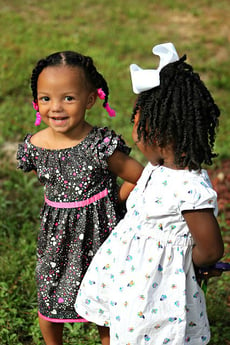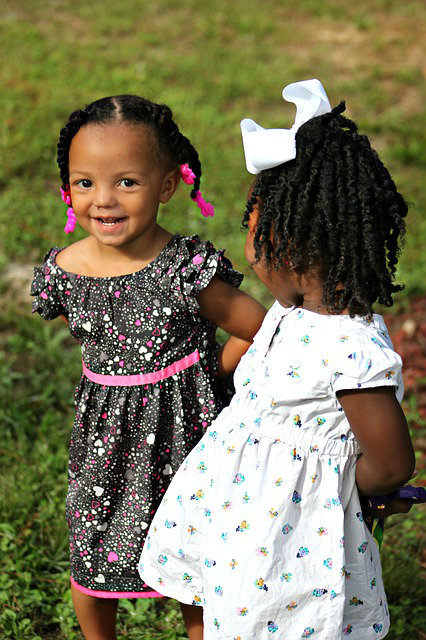 If you have more than one child, it’s possible that they have similar personalities. It’s also possible, though, that their personalities are so different that it’s hard to believe they’re related. Psychologists have studied birth order and the effects it has on people, but conclusions are far from cut and dried.
If you have more than one child, it’s possible that they have similar personalities. It’s also possible, though, that their personalities are so different that it’s hard to believe they’re related. Psychologists have studied birth order and the effects it has on people, but conclusions are far from cut and dried.
So, first we’ll go through generalizations that hold some truth.
Firstborn Child
The child born first is the one who is the center of attention, with no others to distract parents. In fact, Parents.com shares how a Brigham Young University study states that the oldest children typically “enjoy about 3,000 more hours of quality time with their parents between 4 and 13 than the next sibling will get.” Plus, parents tend to read more and otherwise discuss things more with their firstborn children. Because of this, the oldest tend to be overachievers. As a parent, watch for signs that your oldest has a significant fear of failure or is bossy with younger siblings or friends. If so, help him or her to relax standards of perfectionism and to interact well with others.
Youngest Child
Last-born children, Parents.com points out, tend to be more free-spirited and adventurous, and gain the attention they want through charm. These children often feel less important or original than their older siblings, though, because parents have already watched the older children go through the various stages of development. Parents tend to discipline the youngest child less and have more relaxed expectations of them. Watch out, though! The youngest in the family can learn how to manipulate others to get out of chores, so don’t fall into the trap of thinking that he or she is too young to pitch in.
Middle Children
If you have more than two children, that means you also have “middle” children. These children learn to negotiate and compromise because they need to deal with the higher-achieving oldest as well as the charming youngest. They often form more friendships and are the first to want to go on overnight trips with friends. It’s common for middle children to feel ignored, undervalued and lost in the shuffle, though, so find ways to pay special attention to these children.
Does Birth Order Decide Destiny?
As you read through these generalizations, you may have been nodding your head. But is it true that “your character, values, achievement strivings and life success are determined by the family position”? That’s not necessarily so, says an article in Psychology Today: Is Birth Order Destiny? Why you shouldn’t let stereotypes dictate your fate.
There are other factors to consider, the article points out, including the gender of each child, how far spaced out the children are in years, the fact that half-siblings, for example, may not even know one another—and much more. If you’re interested in this topic, we recommend that you read the entire article. And here’s an important paragraph to consider:
“The moral of the story for parents is to look for your own biases and stereotypes about birth order as you think about what your children are capable of doing. Encourage them to teach each other, to define their own identities in the family, and to avoid labeling themselves based on their birth order. Don’t let the lives of your children be dominated by the random forces that caused them to be born when they were.”
And, no matter how different your children’s personalities are, Horizon Education Centers’ summer camp has activities for all of them to enjoy. We’d love to talk to you about your summer camp needs, so be sure to visit http://www.horizoneducationcenters.org/summer-camp!







